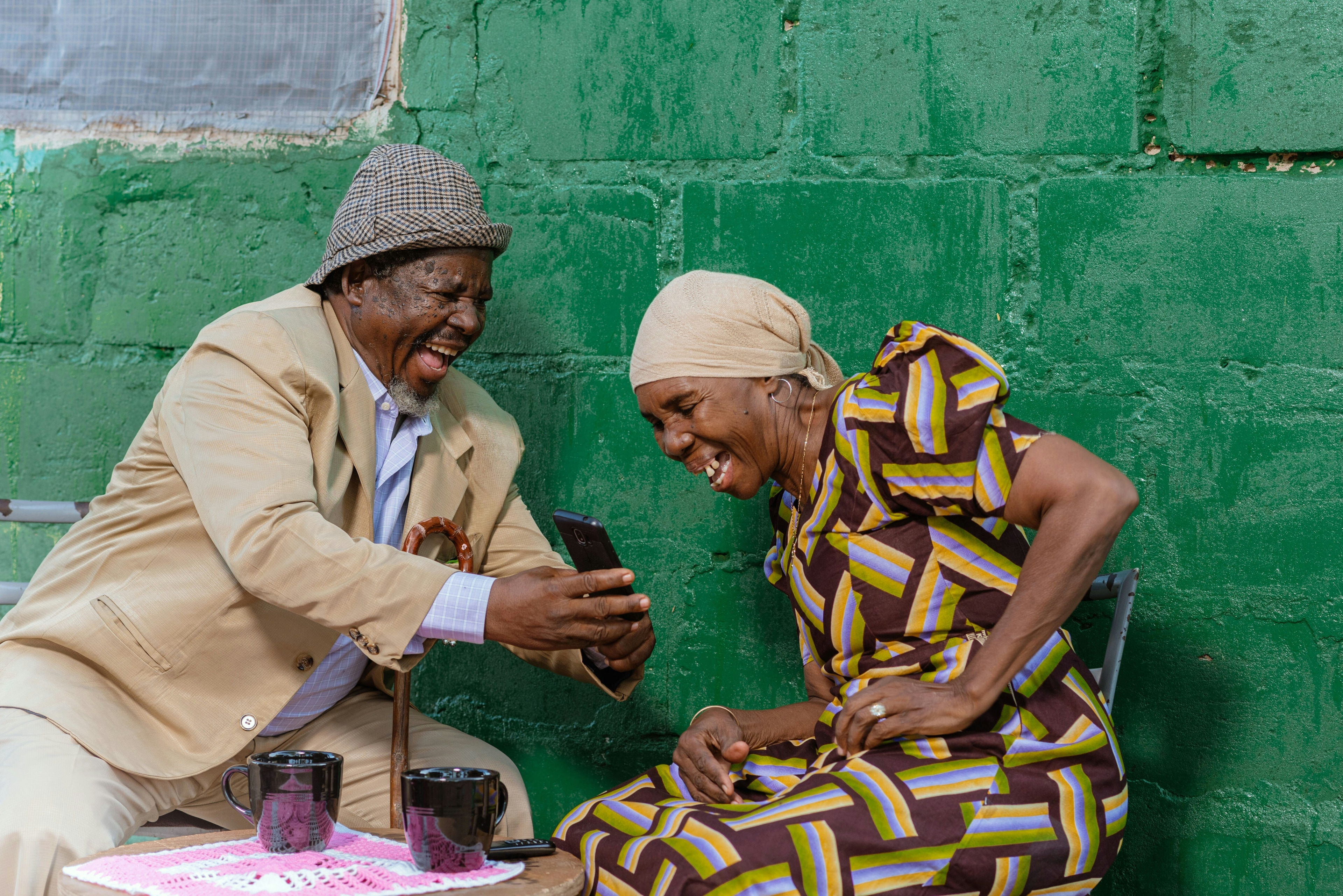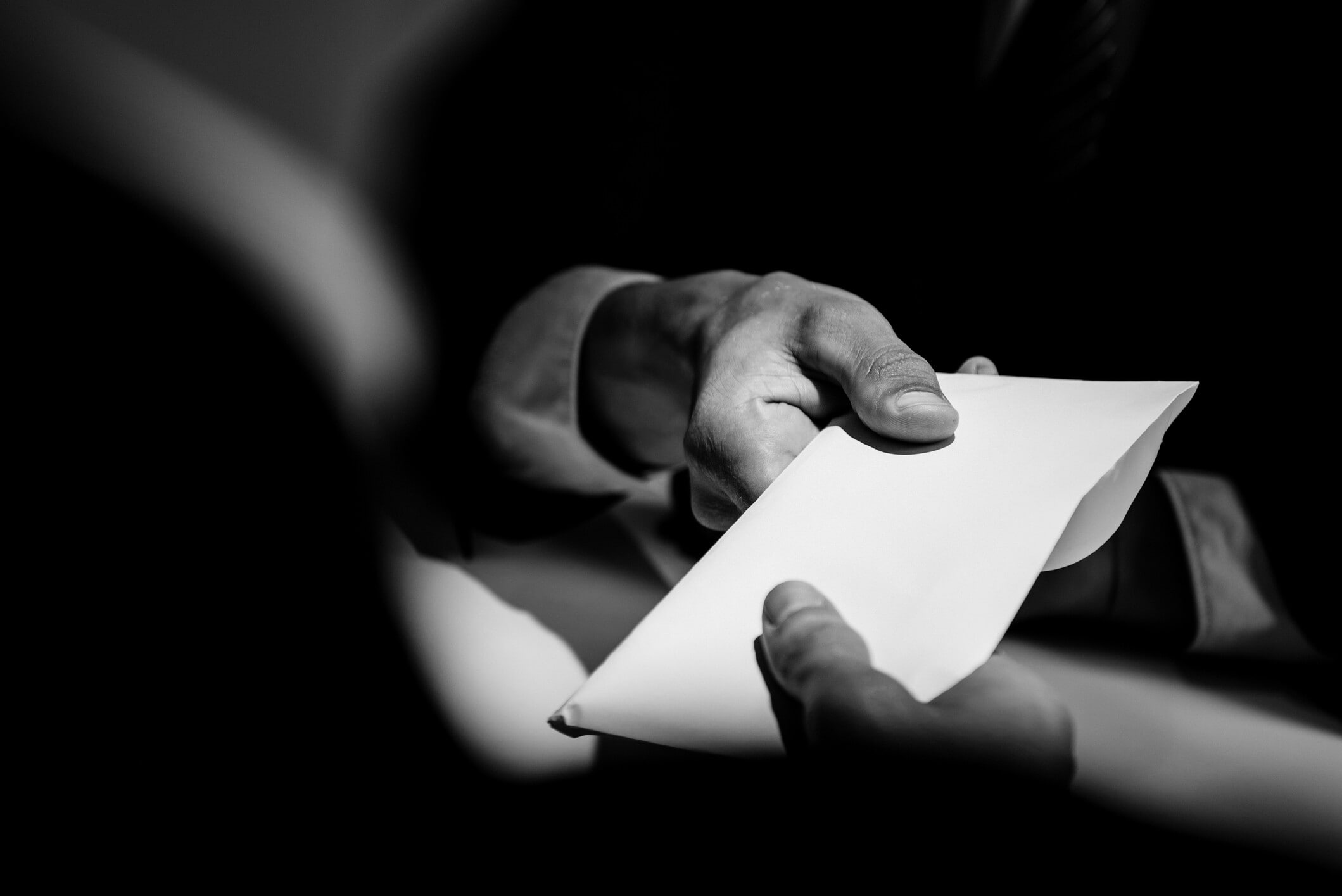What does it mean to be a Muslim woman? A new book is challenging the stereotypes

The clothing worn by some Muslim women has been a source of contention in many European countries.
Image: REUTERS/Leonhard Foeger
Stay up to date:
Roles of Religion
Fed up with Western stereotypes pegging Muslim women as "submissive" and judging them by their religious clothing, a feminist author collected essays from 17 Muslim women whose lives tell a different story, including her own.
In Mariam Khan's "It's Not About the Burqa", the authors include activists, journalists and researchers, mainly from Britain, who wrote personal stories about mental health, queer identity, divorce, feminism, and the hijab.
"Burqa is the most politicised word around Muslim women," Khan told the Thomson Reuters Foundation by phone from England on Wednesday.
"Burqa and hijab are the first things many people think of in the West when they think of Muslim women - that is not a problem, but there is so much more to a Muslim woman than the clothes she wears ... I want to diversify their stories."
The burqa is a head-to-toe cloak which conceals the face with a mesh or is worn in conjunction with the niqab - a face veil that leaves only the eyes exposed.
Last year, former British Foreign Secretary Boris Johnson said the robe was oppressive, ridiculous and made women look like letter boxes and bank robbers, prompting an outcry from other politicians and British Muslim groups.
"Muslim female narratives are often co-opted by everyone who isn't a Muslim - rarely will you hear authentically, or in an unfiltered way from Muslim women, and it is really unfair," said Khan.
The wearing of full-face coverings, such as niqabs and burqas, is a polarising issue across Europe, with some arguing that they symbolise discrimination against women and should be outlawed. The clothing has been banned in France and Denmark.
Khan, 26, who wears a head scarf - or hijab - also has an essay in the book. In it, she wrote about how mainstream "white feminism" did not fit with the choices she made within her faith.
"For some feminists in the West they see (the hijab) as oppressive - but for people like me who wear it - I am not oppressed. I am empowered by it because I chose to wear it," she said.
Other authors in the book, which hits shelves on Thursday, include outspoken Egyptian-American activist Mona Eltahawy, who wrote about misogyny within the Muslim community, as well as her continued fight for women's rights.
Another contributor, Saima Mir, a former BBC journalist, wrote about being twice divorced, and the negative attitude toward divorce in Muslim Pakistani culture. Her essay questions why the culture judges divorce so harshly.
Khan hopes that after reading the book people will see that Muslim women are not under a "monolithic, single story narrative", and their voices and stories concerning their faith should be heard.
Don't miss any update on this topic
Create a free account and access your personalized content collection with our latest publications and analyses.
License and Republishing
World Economic Forum articles may be republished in accordance with the Creative Commons Attribution-NonCommercial-NoDerivatives 4.0 International Public License, and in accordance with our Terms of Use.
The views expressed in this article are those of the author alone and not the World Economic Forum.
Forum Stories newsletter
Bringing you weekly curated insights and analysis on the global issues that matter.
More on Civil SocietySee all
David Ebube Nwachukwu and Adam Skali
August 25, 2025
Thom Townsend
August 20, 2025
Valeriya Ionan
July 28, 2025
Annette Mosman
June 19, 2025
Laura Henderson
June 4, 2025







